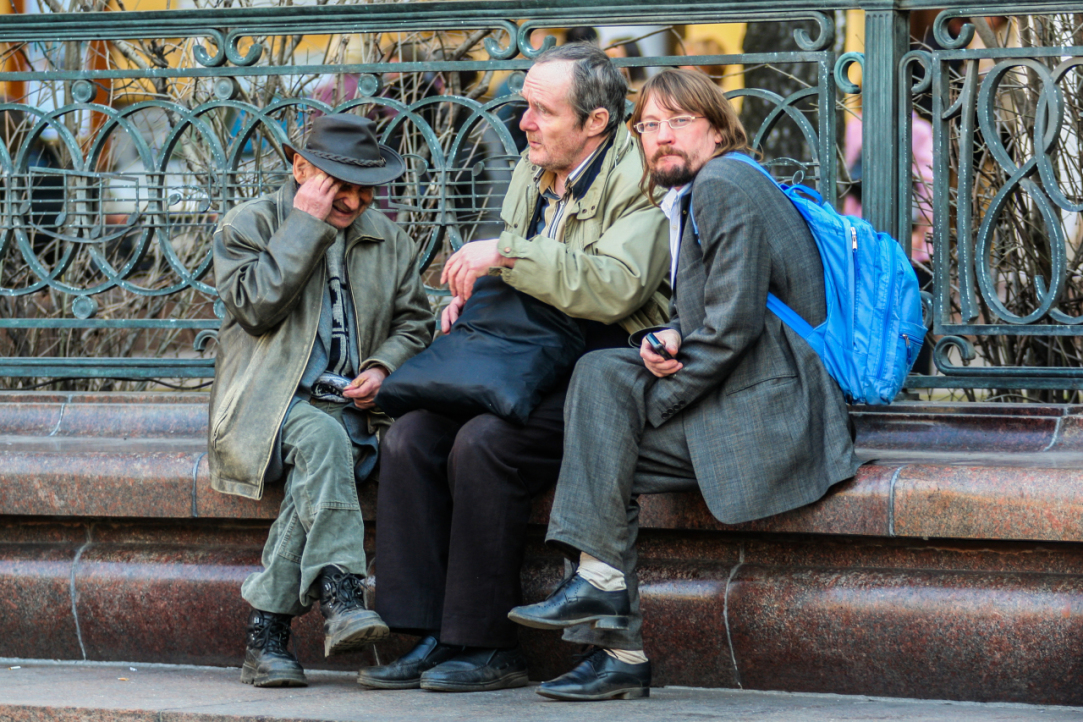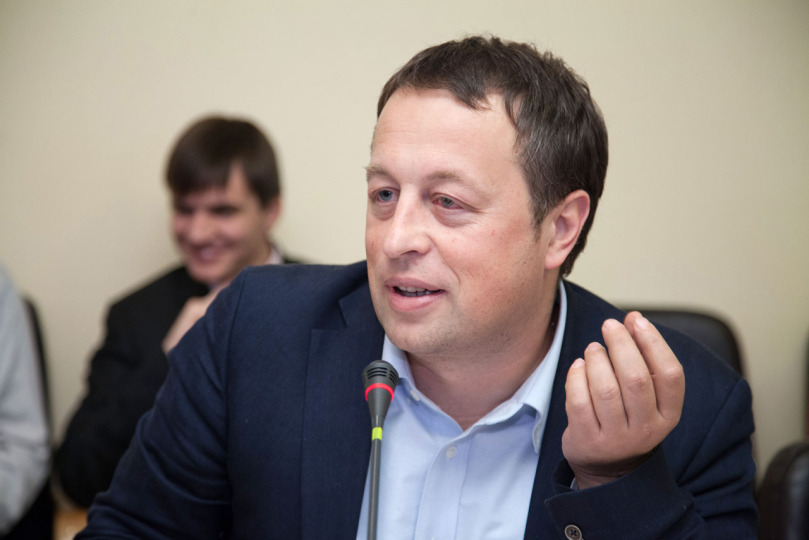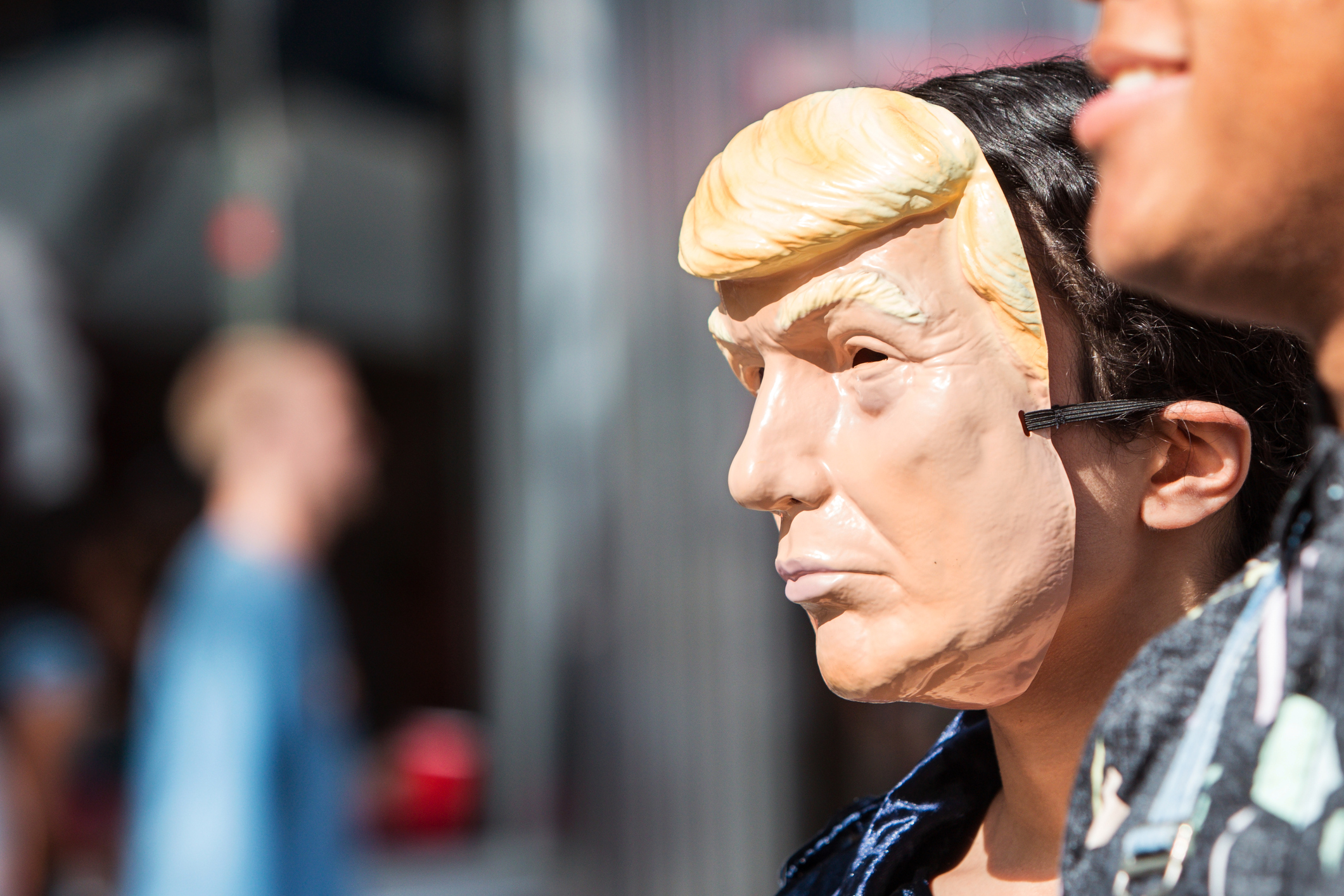How Income and Political Preferences Affect Attitudes towards Quarantine and Vaccination

In a webinar for the Faculty of Economic Sciences, Professor Konstantin Sonin talked about the impact of income, social status and political beliefs on mask-wearing compliance, social distancing and willingness to get vaccinated.
Konstantin Sonin, Academic Supervisor of the Faculty of Economic Sciences and Professor at HSE University and the University of Chicago, recently gave a talk on ‘The Economics of Coronavirus: The Impact of Wealth and Inequality on Social Distancing’. The event was part of an ongoing series of webinars for the online Master’s Programme in Economic Analysis offered by the Faculty of Economic Sciences.
Professor Sonin recalled that HSE University and the Faculty of Economic Sciences were early pioneers in online learning, having created online programmes for the university in 2012.
He stressed that the unprecedented nature of the events of the last two years makes it impossible to describe the economics of the pandemic in a single lecture. Analyses of previous economic crises only started appearing in academic journals several years after their end. By contrast, the crisis of 2020–2021 has produced a whirlwind of thousands of articles over the last year and a half.
He noted that in March 2020, unemployment claims in the US reached 3.3 million in one week—an eightfold increase over previous records. The fundamental differences between the current situation and previous crises mean that existing models are of little help.
Economists were left in the dark without the kind of quarterly and annual data usually used for analysis. The weather forecast might be able to tell you what’s going on outside right now—Professor Sonin noted—but statisticians can’t.
No one knew what effect one policy or another would have in these new circumstances. It was clear that restrictions were necessary, unemployment would be high, and people would need help. In the end, countries across the globe adopted state aid programmes to various degrees. The Russian government, for example, was slow to introduce anti-crisis measures, and the package adopted on May 11, 2020 mainly helped those from poorer backgrounds.

Another important question was that of how recipients would use such aid: would they spend it, how would it affect inflation and could an expansionary monetary policy be maintained?
Bank data obtained by American economists shows that there was a tendency for household spending to rise sharply the day after receiving a stimulus cheque. Contrary to popular belief, this outcome was not a foregone conclusion.
Economists are now conducting experiments based on real-life situations to determine the effects of restrictions and to find answers to macroeconomic questions. For example, the American economists Goolsbee and Syverson compared visits to shops within the same price range on neighbouring streets, but under different levels of restrictions. One shop had restrictions in place, while the other did not.
It turned out that while there was a 50% decrease in shop visits, restrictions were only responsible for a small part of it (about 7%). Fear of contracting COVID-19 had a much more significant impact on people's behaviour.
Professor Sonin also discussed a study on the impact of income on willingness to socially distance. In his opinion, this demonstrates the need to help those who cannot live off their savings or work remotely. The authors used anonymized data provided by mobile networks to chart subscribers' movements and the duration of their trips. The experiment showed that residents of relatively affluent areas started distancing before restrictions were introduced and increased their distance afterwards. This was not observed in poorer areas. According to Sonin, this supports the theory that income and behaviour are related.
Another study, using data on the availability of TV channels, found that viewers of Fox News—whose programming downplayed the dangers of the pandemic—were less likely to socially distance compared to non-viewers of the channel.
Political preferences also influenced attitudes towards restrictions. Residents of areas where Donald Trump won a larger share of the vote in the 2016 election were less likely to abide by social distancing rules than those living in areas that voted for Hillary Clinton.

Not wearing masks has long been a point of pride among Trump supporters. However, following a July 2020 tweet in which the President described mask-wearing as a ‘patriotic’ act, many who were sceptical about the pandemic and mask-wearing changed their minds dramatically.
According to Sonin, Russian data on COVID-19 and mortality is not collected reliably and is often altered for political purposes. That said, some data cannot be falsified, including information on excess mortality collected by civil registries. This information can be used to reconstruct data on the incidence of the disease.
The speaker then took questions about the relationship between willingness to get vaccinated and the level of trust in the government.
According to Professor Sonin, people often attribute their refusal to get vaccinated to a distrust of the government, but this is not always the primary motivation. In the US, a significant proportion of the population has a negative attitude towards vaccinations. This is particularly pronounced among supporters of Trump and the Republican Party. However, the difference in vaccination rates between ‘Republican’ and ‘Democratic’ states is now much lower than polls previously showed.
Sonin also pointed out that despite the reluctance among many Russians to get vaccinated, there has been a sharp increase in the number of vaccinations administered over the last week. Many people have been persuaded by the personal examples of friends and neighbours. It is difficult to research the relationship between trust in the government and success in combating the pandemic due to the complexity of determining the criteria for success.
While Russia was one of the first countries to develop an effective vaccine, it has a low rate of vaccination. On the other hand, excess mortality in the US has been high, but its vaccination programme is progressing quickly. ‘There is no good metric we can use to say that one country is doing well or that another country is doing badly,’ Sonin explained.
He believes that the American researchers' conclusions are somewhat applicable to Russia due to similar patterns in behaviour. Russians with lower incomes have been less diligent about social distancing, and state aid programmes have made a noticeable improvement to compliance.
The low uptake of vaccinations was also influenced by the approval of ‘Sputnik V’ before the conclusion of clinical trials, which Professor Sonin describes as a needless mistake. In addition, the dissemination of negative information about foreign vaccines has also affected people’s willingness to get vaccinated. He believes that the change in attitudes towards vaccination among Russians over the last week has been influenced by reports of increased mortality and, to a lesser extent, the compulsory vaccination of certain groups of workers.
Konstantin Sonin

